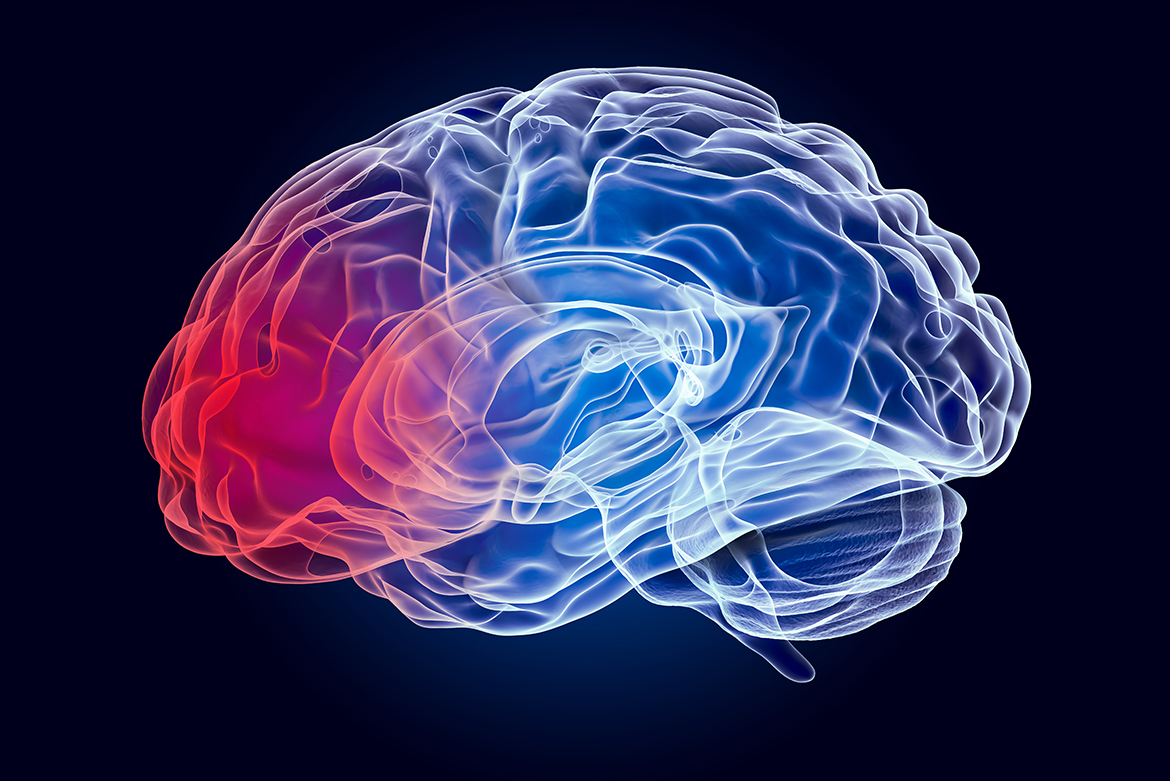Neurofeedback for Traumatic Brain Injury

Traumatic brain injury (TBI) can occur when a sudden external physical assault damages the brain. It is one of the most common causes of disability and death in adults around the world. TBI is a broad term that describes a large group of injuries occurring physically to the brain. The damage can be confined to one area of the brain or can occur in several areas of the brain. Severity can range from a mild concussion to a severe injury that results in coma, long lasting cognitive difficulties, or even death.
Brain injury may happen in one of two ways:
- A closed brain injury occurs when when there is a nonpenetrating injury to the brain with no fracture in the skull. These are often caused by a rapid movement and shaking of the brain inside the skull which results in bruising and tearing of brain tissue and blood vessels. This type of injury is often the result of car accidents, falls, and increasingly, in sports. Shaking a baby can also result in this type of injury (A.K.A. shaken baby syndrome).
- A penetrating, or open head injury, can happen when there is a break in the skull, such as when a bullet pierces the brain.
Some brain injuries are mild, with symptoms disappearing over time with proper attention. Others are more severe and may result in permanent disability. The long-term or permanent results of brain injury may need post-injury and possibly lifelong rehabilitation. Effects of brain injury may include cognitive deficits, motor deficits, perceptual or sensory deficits, communication deficits and language difficulties, social interaction difficulties, and changes to personality and mood.

